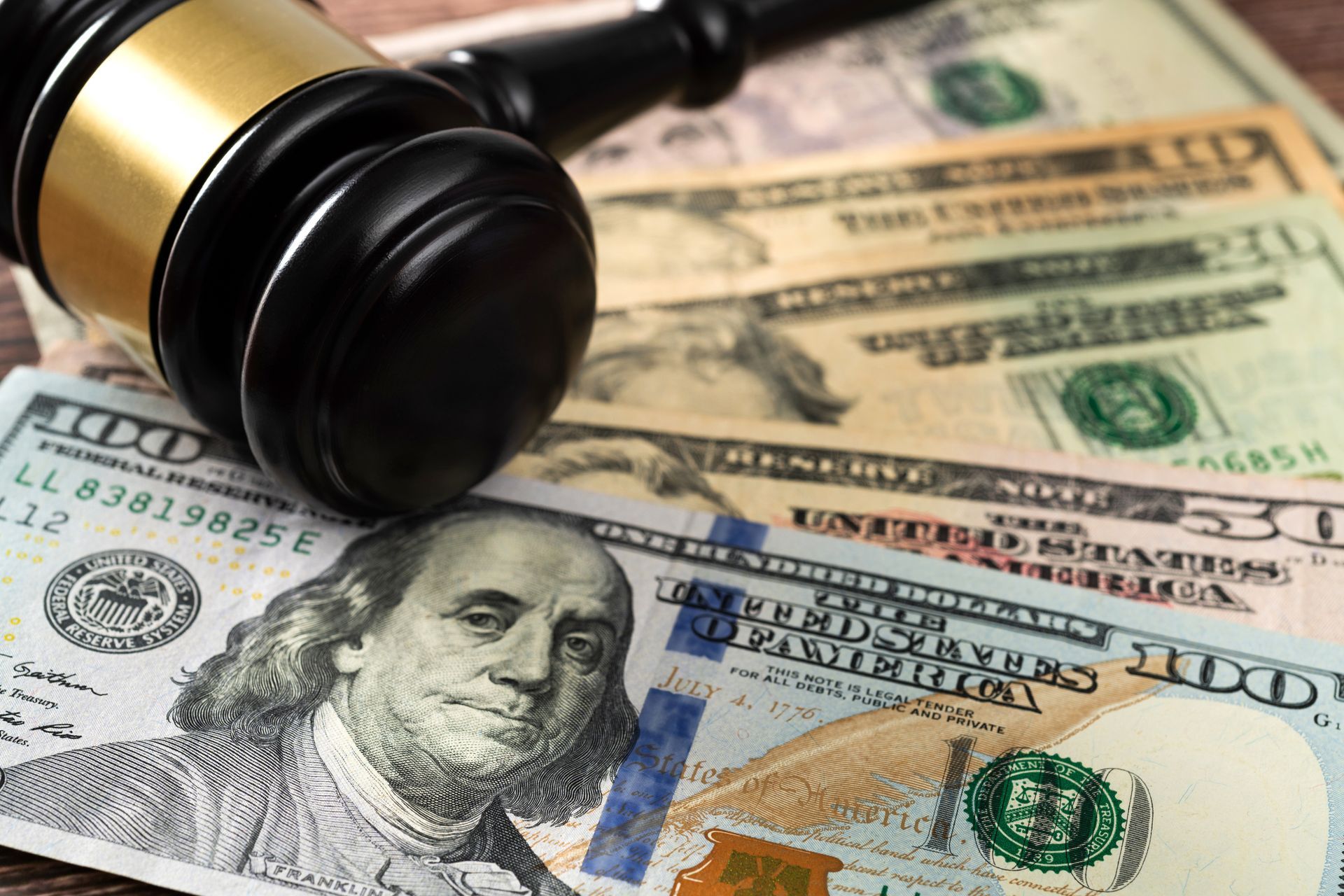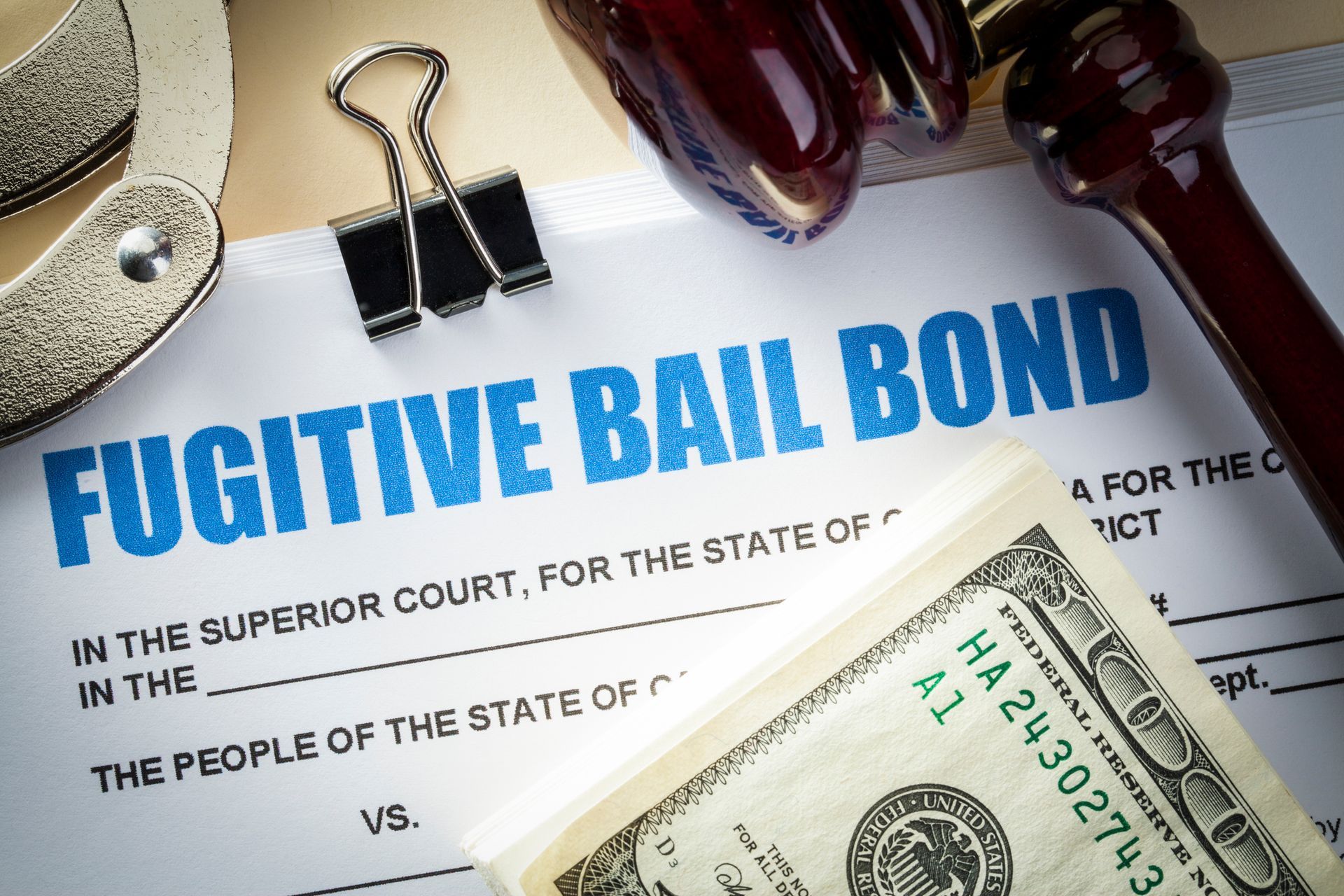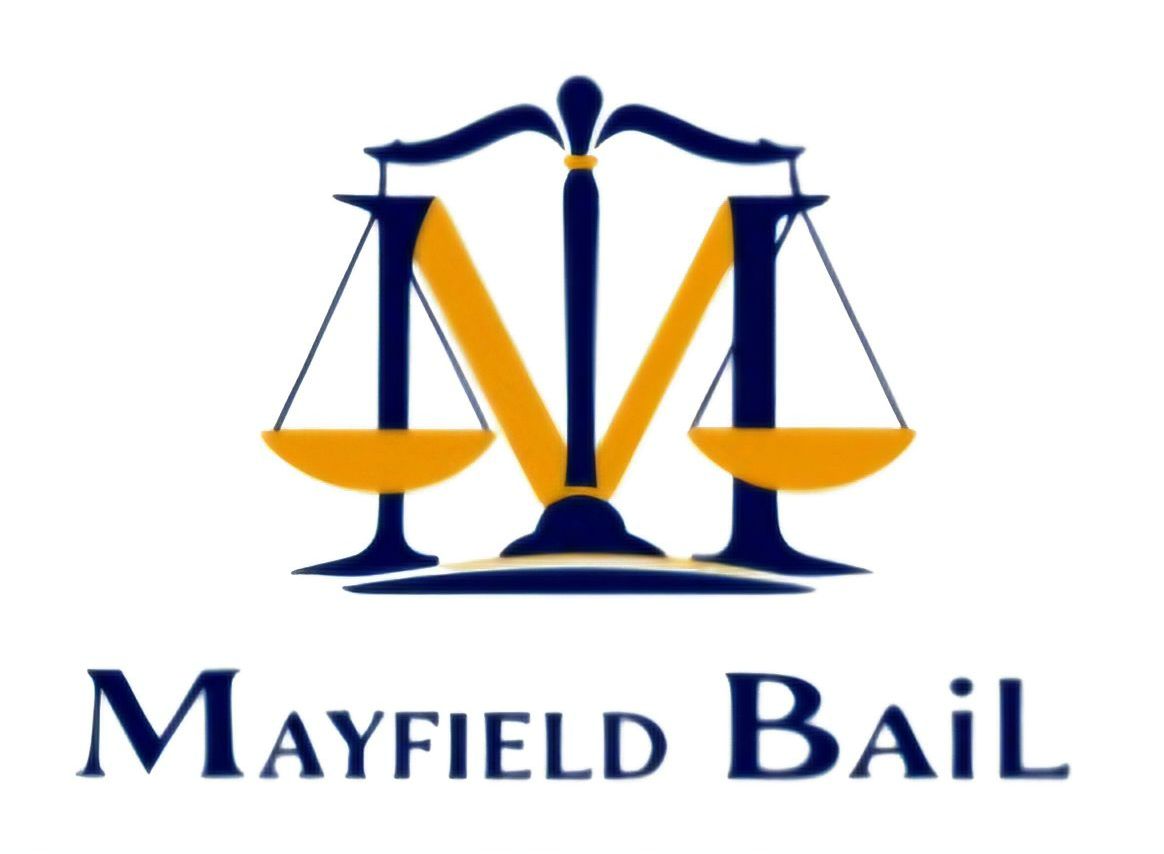What Is a Bail Bond and How Does It Work?
What Is Bail?
Bail is a financial guarantee that a defendant will return for their scheduled court appearances. When someone is arrested, the judge may set a bail amount based on factors like the severity of the charge, criminal history, and flight risk. If the person pays that amount, they can leave jail until their court date.
What If I Can’t Afford Bail?
That’s where a bail bond comes in. Instead of paying the full amount to the court, you can work with a licensed bail bondsman who posts the bail on your behalf. You pay the bondsman a non-refundable fee, usually 10% of the total bail amount, and possibly offer collateral (such as property or a vehicle) to secure the bond.
Types of Bail Bonds
- Surety Bond – The most common type. A bail bonds company guarantees the bail in exchange for a premium.
- Cash Bond – You pay the full amount directly to the court.
- Property Bond – You pledge real estate as collateral for the full bail amount.
- Federal Bond – Used in federal cases and typically more expensive.
- Immigration Bond – For non-citizens held by immigration authorities.
How the Bail Bond Process Works
- Arrest – A person is taken into custody and booked.
- Bail is Set – A judge determines the bail amount.
- Contact a Bail Bondsman – You provide basic details (name, jail, charge, bail amount).
- Pay the Premium – Usually 10% of the bail amount.
- Release from Jail – The bondsman posts bail and the defendant is released.
- Court Appearances – The defendant must attend all scheduled hearings.
- Case Resolution – Once the case concludes, the bond is discharged.
What Happens If the Defendant Misses Court?
This is serious. If the defendant fails to appear, the court may forfeit the bail, and the bail bond company can recover the full amount from the co-signer or through the collateral. In some cases, they may hire a bounty hunter to locate and return the defendant to custody.
Final Thoughts
Bail bonds provide a lifeline for families who can’t afford to pay bail upfront. They help people return home, keep their jobs, and prepare for court while remaining with their loved ones. At [Your Bail Company Name], we’re here to guide you through the process with respect, confidentiality, and 24/7 availability.










